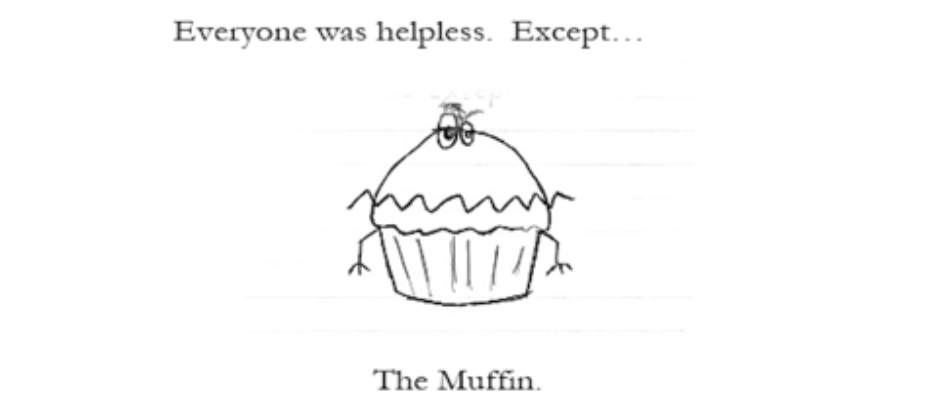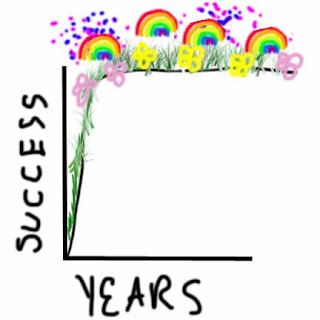I’ve been seeing this video making the rounds for a few weeks now, and I have a few thoughts. I think Mr. Sinek makes some great points, but he is setting off some of my con-artist alarm bells, and I wanted to talk about why.
Mr. Sinek is making Millennials feel like there’s something wrong with us for being dissatisfied with the status quo. He says we have low self-esteem, he says that we’re impatient, he says that we don’t have the coping mechanisms to deal with stress. And the worst bit? He says we’ve been “dealt a bad hand” and invites us to blame our parents and our bosses. Then he implies that he has the answers. Red flag. Seriously. This reminds me of negging.
I don’t want to fall for this. This kind of thinking breeds resentment, which is, in the words of the mental health community, the relationship killer. It kills marriages, it kills friendships, it kills constituencies. Once someone thinks they deserve better and that they can point to the person who took what they’d been promised, they start operating from a viewpoint of scarcity. And they get angry. And scared. Angry, scared people are really easy to control, especially when someone tells them they have the solution. We’ve seen that happen.
We are a generation of people who’ve spent years working for free because someone in HR called our jobs “internships.” We are not lazy. We are a generation whose silly social media games created enough funding to isolate the gene that causes ALS. We are not rootless. Seeing the enormous wealth disparity in this county and questioning our dissatisfaction with lower wages, longer hours and higher costs does not mean we have low self-esteem – it means we have what it takes to change the system.
Which brings me to another point – I think Mr. Sinek, either unconsciously or deliberately, missed a very crucial element of Millennial job dissatisfaction, which is the fact that wages are falling behind inflation in a huge way.
We can’t keep pretending like income disparity isn’t real and growing, then disguise it as a bogus generational existential crisis. Income disparity is real. Most of the people my age I’ve talked to who’ve left jobs in the past 5 years didn’t do it for wishy-washy reasons like “not making an impact” – they left because they weren’t being paid a living wage, and if they were, had to work 15+ hour days to earn it (that isn’t an exaggeration).
We are the lowest paid generation since the 1980’s. We are also, contrary to popular belief, the most productive. If you’re a Baby Boomer and you’re reading this, please know that I made an average of 24k per year at the jobs I quit to end up where I am now. If you adjust for inflation, that’s like making 4K a year in the 1970’s, when you were my age. If we leave a job that isn’t compensating us fairly, that isn’t “entitlement.” It’s functioning capitalism.
Millennials aren’t any better or worse than any other arbitrarily-defined generation that came before or after us, but I have found that we are a generation of ethical Libertarians and Democratic Socialists who don’t always agree with each other yet genuinely want to see our communities doing well. Let’s not fall into traps of self-hate and external blame that lead to resentment. That’s how we become the generation of the Alt-right. Let’s do the work to change the various income inequalities that have taken over the American workplace. Let’s change the minds of the people who perpetuate them, especially when we look inward and find that the minds that need to be changed are our own.
And let’s maybe take more breaks from social media. It’s addicting. I’ll concede that point :-p








